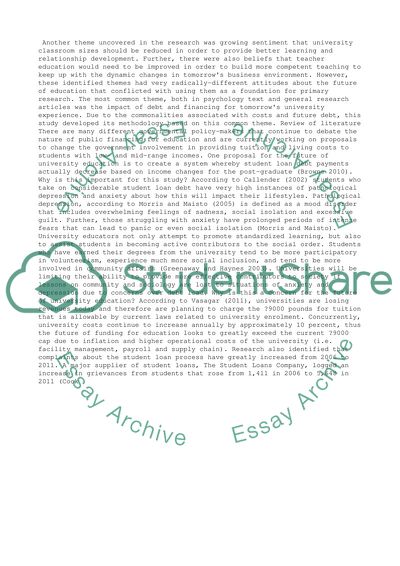Cite this document
(“What do UEL students think about the future of university education Essay”, n.d.)
Retrieved from https://studentshare.org/business/1393370-research-in-business-management
Retrieved from https://studentshare.org/business/1393370-research-in-business-management
(What Do UEL Students Think about the Future of University Education Essay)
https://studentshare.org/business/1393370-research-in-business-management.
https://studentshare.org/business/1393370-research-in-business-management.
“What Do UEL Students Think about the Future of University Education Essay”, n.d. https://studentshare.org/business/1393370-research-in-business-management.


